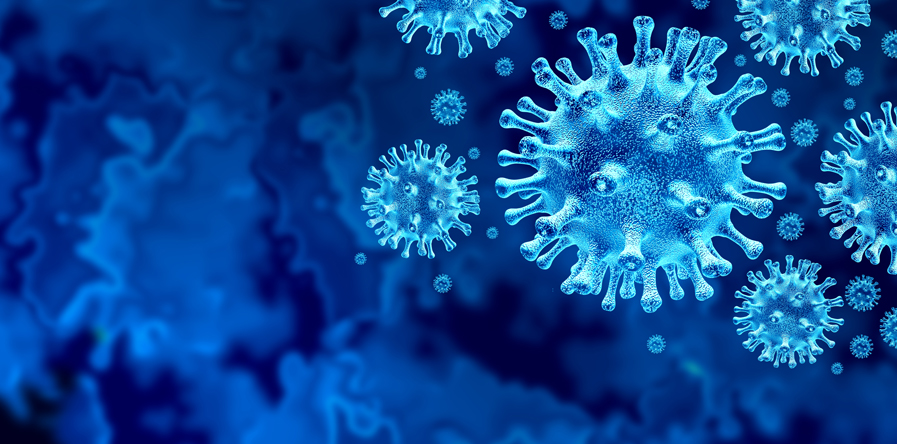It’s unclear. We do know that people infected with the virus that causes COVID-19 can be “contagious a few days before they even show symptoms and some people never really have much in the way of symptoms but can definitely pass on the virus,” says Dr. Emily Landon, the chief infectious disease epidemiologist at the University of Chicago Medicine. “What we don’t know is how long they remain contagious.”
The general rule Landon and her colleagues use is that “you’re probably good” if a week has passed from when you first began feeling sick and you’ve had three full days of feeling completely well. That means no more cough and no more fever for at least three days. “You are probably contagious starting two to three days before you develop symptoms and until your fever is gone and your cough is pretty much resolved,” Landon says.
The U.S. Centers for Disease Control and Prevention (CDC) says more or less the same in its guidelines, but is more explicit, telling COVID-19 patients that they are free to break quarantine only if:
- they have had no fever for at least 72 hours without the aid of fever-reducing medications
- all other symptoms like coughing and shortness of breath have improved
- and at least seven days have passed since they first became symptomatic
- if a coronavirus test is available, they should have also had two negative tests 24 hours apart
(The full CDC guidelines are here.)
The World Health Organization offers similar guidance to the CDC, recommending that COVID-19 patients be released from the hospital, isolation or home care only after they have two negative tests at least 24 hours apart and have clinically recovered. If testing is not an option, the WHO advises keeping individuals isolated for another two weeks after the symptoms are gone because they may continue to “shed”(or emit from the body) the virus.

